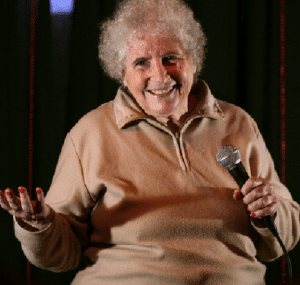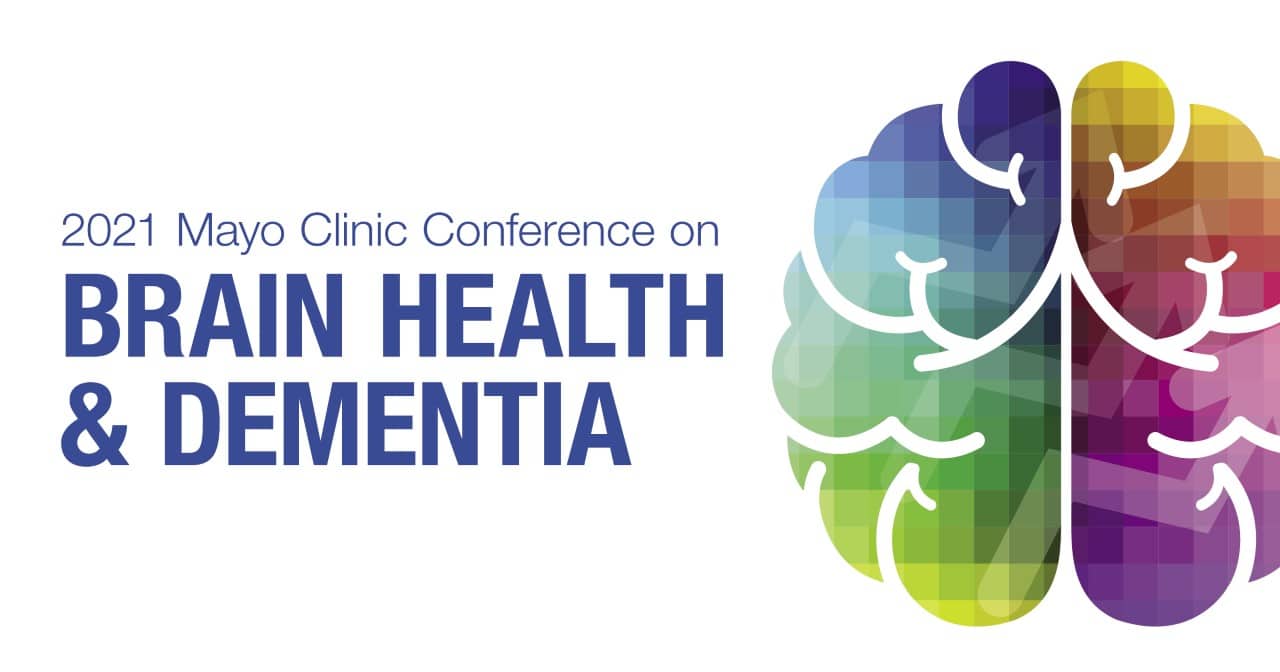Cognitive Comedy • Tuesdays 1:30 – 3:00 p.m.
Cognitive Comedy is a free improv comedy workshop for people with cognitive impairment and their loved ones. Participants can get out of their own heads and experience “group mind” while learning about improv comedy. This program starts on September 21. Register for Cognitive Comedy.








